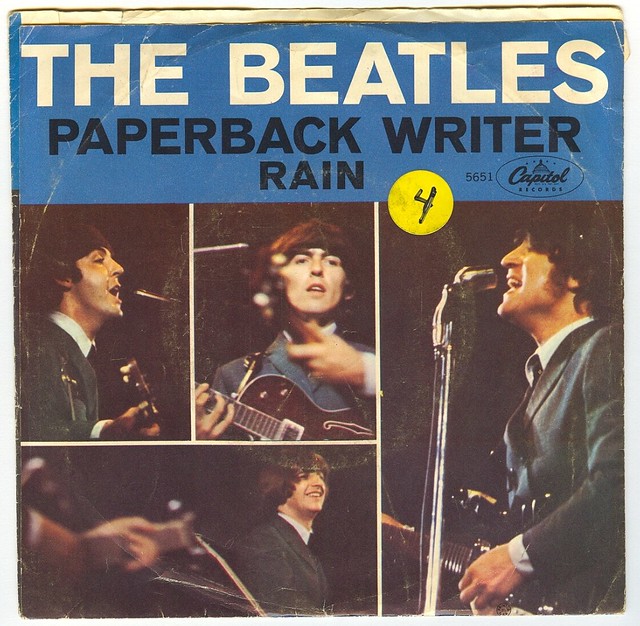#ebookevo #wk2ebookdiscussion question (with eTextbook Teachers)...
Having said that, the content of the textbook and how it ultimately becomes published matters. Depending on the profile of the group, content might be created, curated, collected, etc. by the instructor and/or the learners themselves. The delivery of content might be static as in the case of a traditional book, or more dynamic such as a book that promotes interaction. Books might be more suitable for mobile technologies that afford quicker access to content. Much will depend on the purpose of having learners use the book. Is it just for a grade, or will it serve some future purpose?
The best way to find out how to know whether a digital textbook meets the needs of the learner…is just to ask them! Just as we might do a needs analysis when beginning a course, we might do a “needs analysis” before considering writing a textbook (and during and after as well)? The following questions come to mind:
How do you believe digital textbooks should be designed to best match learners’ needs?Digital textbooks should be designed to meet learners’ needs, interests, and learning preferences. Learners’ needs typically are based on age, academic level, and future aspirations. Their needs might relate to curricular objectives but could also be personal or specific to the individual. Their interests are linked to their sociocultural background and should also be taken into consideration, and their learning preferences will depend more on past experiences with technology and materials in general, types of communication appropriate for the course (synchronous vs. asynchronous), and learning theories. I tend to avoid the term “learning styles” and prefer to think in terms of the engagement value that bridges content with learners.
Having said that, the content of the textbook and how it ultimately becomes published matters. Depending on the profile of the group, content might be created, curated, collected, etc. by the instructor and/or the learners themselves. The delivery of content might be static as in the case of a traditional book, or more dynamic such as a book that promotes interaction. Books might be more suitable for mobile technologies that afford quicker access to content. Much will depend on the purpose of having learners use the book. Is it just for a grade, or will it serve some future purpose?
The best way to find out how to know whether a digital textbook meets the needs of the learner…is just to ask them! Just as we might do a needs analysis when beginning a course, we might do a “needs analysis” before considering writing a textbook (and during and after as well)? The following questions come to mind:
- Would a textbook be a valuable source for achieving course objectives?
- Would a textbook be a valuable source for achieving individual objectives that differ from curricular objectives for this course?
- Should the instructor create all of the content for this textbook or should learners contribute as well?
- How would a textbook best serve learners’ needs: in print form, ebook for Kindle or iPad, published online, accessible on mobile devices, etc.?
- When would you use a textbook for this course?
- Why would a textbook be valuable for this course?
- Etc.
